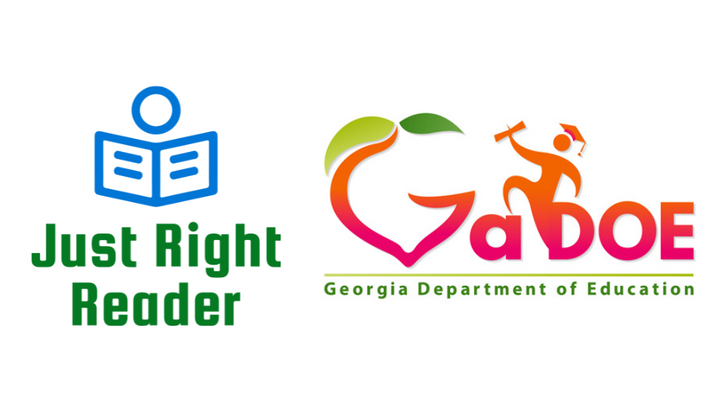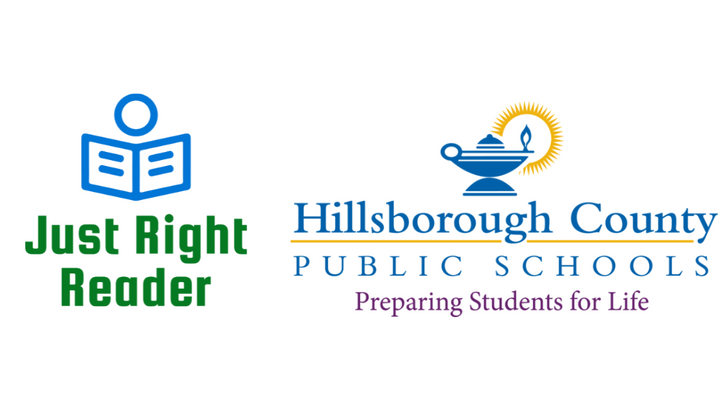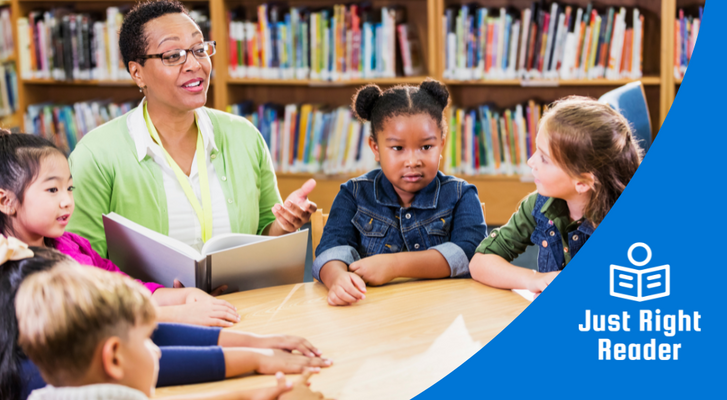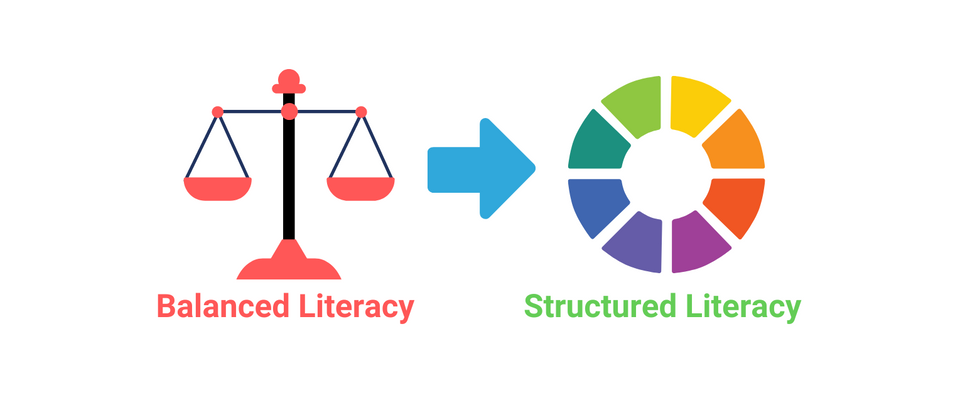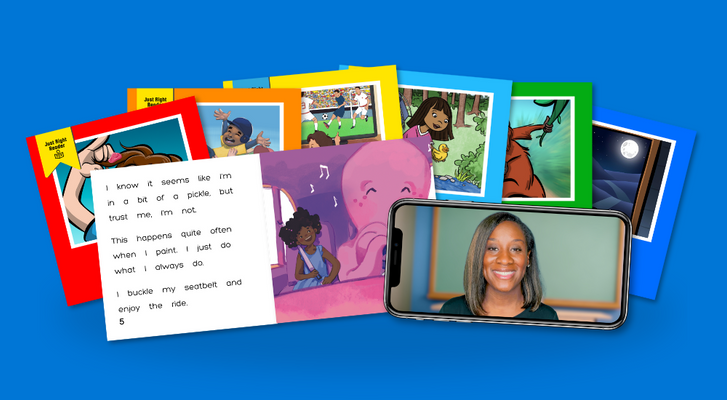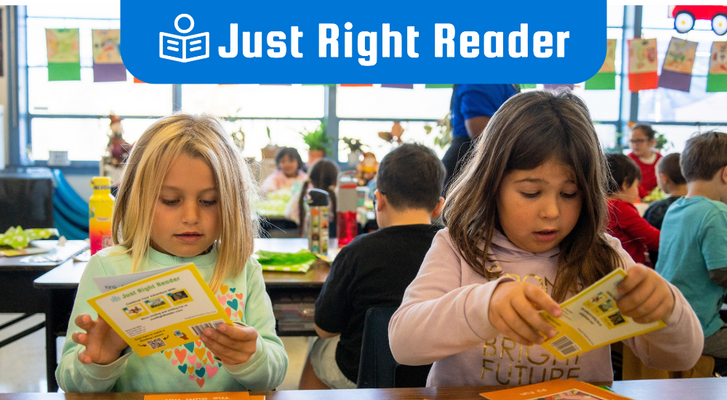
Comprehension is essential for turning decoded words into meaningful knowledge. Even if students can decode words effectively, true reading proficiency also means understanding the meaning of the text.
The Importance of Reading Comprehension
Comprehension is one of the five pillars of effective reading instruction identified by the National Reading Panel. It involves understanding words on a page, connecting ideas, drawing inferences, and applying knowledge to new situations.

It is essential for:
- Academic Success: Comprehension is fundamental for learning in all subjects.
- Development of Higher-Order Thinking Skills: It fosters critical thinking, reasoning, and problem-solving abilities.
Reading comprehension ties together different reading skills, as shown in Scarborough's Reading Rope. Skilled readers use their understanding of language and their ability to recognize words to find meaning in what they read.
Research-Backed Comprehension Strategies
Research emphasizes the importance of direct instruction and systematic lessons in comprehension strategies to improve understanding and retention (Duke et al., P.D., 2002).
Before Reading
-
Setting Goals: Help students set specific goals for their reading to enhance focus and purpose.
-
Activating Background Knowledge: Encourage students to discuss their prior knowledge about a topic before reading.
- Predicting: Encourage students to make predictions before and during reading. This helps them actively engage with the text and anticipate information.
During Reading
-
Questioning Techniques: Teach students to ask and answer questions about the text to deepen understanding and engagement.
-
Visualization Strategies: Have students create mental images from the text to aid comprehension and memory.
-
Metacognitive Strategies: Teach students to use metacognition by having them think about their thinking as they read. Use strategies like predicting, visualizing, and questioning to monitor and enhance their understanding of the text.
- Graphic Organizers: Use graphic organizers, such as story maps or Venn diagrams, to help students organize information from texts. This helps give students an understanding of key details and relationships.
After Reading
-
Summarization Skills: Teach students how to summarize the text in their own words to solidify their understanding.
- Critical Discussions: Use group discussions to explore themes and ideas in the text, promoting critical thinking and comprehension.
Most importantly, provide students with many opportunities to practice developing reading comprehension skills.
Supporting Learners with Unique Learning Needs in Comprehension

To effectively support learners with unique learning needs learners, including English Language Learners (ELLs) and students with learning disabilities, educators should use tailored reading comprehension strategies.
-
Differentiated Instruction: Adapt instruction to meet multiple learning needs using tiered activities matching each student's comprehension level. Research supports using differentiated texts and tasks to provide appropriate challenges for all learners (Tomlinson, 2014).
-
Visual Supports: Use pictures, charts, mind maps, and graphic organizers to help students visualize relationships between concepts (Boyle & Weishaar, 2001).
- Language Support: For ELLs, include definitions for new vocabulary in their native language and English and utilize bilingual books. This helps to bridge language gaps and enhance comprehension (Goldenberg, 2013).
Classroom Activities for Comprehension
Keep students engaged with interactive activities designed to improve reading comprehension:

-
Interactive Read-Alouds: Read stories aloud and pause to ask predictive and clarifying questions.
-
Comprehension Checkpoints: Set up stations with different comprehension questions that students can answer in teams.
-
Graphic Organizers: Use Venn diagrams, main idea and key details tables, or cause-and-effect charts to organize information.
-
Sequencing Cards: Create sets of cards that depict scenes or events from a text. Students work in groups to arrange the cards in the correct sequence, discussing the plot and key details as they collaborate. This activity helps reinforce understanding of narrative structure and sequence of events. This activity can also be done with non-fiction text.
-
Question Dice: Create dice with different question stems on each side (Who, What, When, Where, Why, How). After reading a passage, students roll the dice and answer the question corresponding to the face-up side. This encourages them to think critically about and engage with the text from multiple perspectives.
- Character Interview: Students create and answer interview questions as a character from the story, fostering critical thinking and empathy.
Encouraging Parental Involvement

Communicate with caregivers about the importance of reinforcing comprehension skills at home:
- Reading Together: Encourage parents to read regularly with their children and discuss the text. Research shows this reinforces understanding and enhances engagement (Sénéchal & Young, 2008).
- Home Reading Strategies: Share effective strategies with parents, such as asking questions before reading and summarizing the text afterward.
- Resources for Home Use: Provide access to online resources and book recommendations that support the learning taking place in school.
Our blog post, Tips for Promoting Reading At Home, provides tips on communicating about reading at home.
Accelerate Reading Achievement with Just Right Reader Decodables

In addition to offering targeted phonics practice, Just Right Reader Decodables are a valuable resource for enhancing comprehension development with questions in each decodable.
With engagingClassroom Libraries andTake-Everywhere Decodable Packs, students have many opportunities to practice their decoding skills in an authentic reading experience, which allows them to become stronger readers.
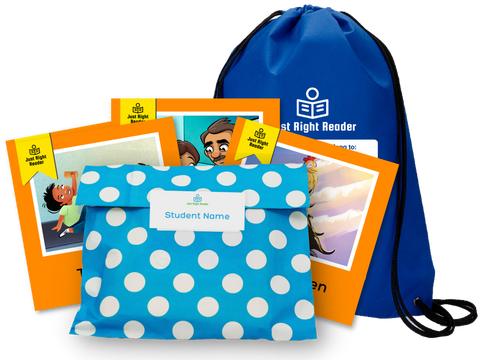
Our Decodables Feature:
- An extensive library of 750+ titles in English and Spanish
- Engaging and relatable stories with relatable characters
- Evidence-based, rigorous phonics scope and sequence that aligns to all phonics programs and curriculums
- QR codes that link to memorable video lessons in English and Spanish
- PersonalizedTake-Everywhere Decodable Packs that extend phonics practice from school into homes
References:
Boyle, J. R., & Weishaar, M. (2001). The effects of expert-generated versus student-generated cognitive organizers on the reading comprehension of students with learning disabilities.Learning Disabilities Research & Practice, 16(2), 74-84.
Goldenberg, C. (2013). Unlocking the research on English learners: What we know—and don’t yet know—about effective instruction.American Educator, 37(2), 4-11, 38.
Scarborough, H. S. (2001). Connecting early language and literacy to later reading (dis)abilities: Evidence, theory, and practice. In S. Neuman & D. Dickinson (Eds.), Handbook of early literacy research (Vol. 1, pp. 97-110). Guilford Press.
Sénéchal, M., & Young, L. (2008). The effect of family literacy interventions on children's acquisition of reading from kindergarten to grade 3: A meta-analytic review. Review of Educational Research, 78(4), 880-907.
Tomlinson, C. A. (2014). The differentiated classroom: Responding to the needs of all learners. Alexandria, VA: ASCD.



